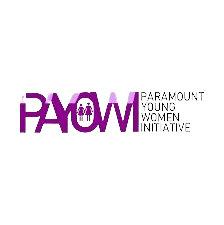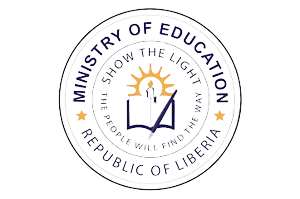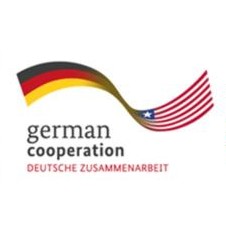The Girls Education Indicators as per the National Policy on Girls’ Education (2021)
Click per group to select indicator to exploring various stats and trends
A database focuses primarily on girls’ attendance,retention, and completion in senior high school (GARC), in the 15 counties.
A dashboard providing insights into policy-making and implementation, including school policies and gender-specific programming.
A dashboard providing insights into increased awareness, coordination and monitoring, capacity, and commitment on policies supporting girls’ education
A database focuses primarily on public expenditure on education,public recurrent expenditure on education ...
Baseline Study focuses primarily on barriers that impedes girls’ attendance,retention, and completion in senior high school (GARC), in the 15 counties.
Policy Framework for Girls Education
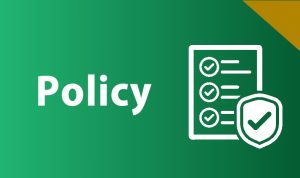
County action plans 2022
The County Action plan outlines key priority actionsteps that will be taken to support the girls’ education at the county and community level.

National Policy on Girls’ Education
Download >> The revised National Policy on Girls’ Education is very significant to Liberia’seconomic growth and development.
Gender-transformative discussions and interventions in the education sector
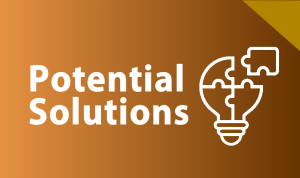
County action plans 2023
The revised National Policy on Girls’ Education is very significant to Liberia’seconomic growth and development.

County action plans 2023
The County Action plan outlines key priority actionsteps that will be taken to support the girls’ education at the county and community level.

Research Report 2023 Final
This Social Research and Baseline Study focuses primarily on barriers that impedes girls’ attendance,retention, and completion in senior high school.

Research Report 2022 Final
This Social Research and Baseline Study focuses primarily on barriers that impedes girls’ attendance,retention, and completion in senior high school.
Achieving Gender Equity and Quality in Education
Lack of access to information poses a significant challenge to policy implementation and to effective civil society advocacy for this purpose. Improving the availability of and access to disaggregated data on girls’ education will better inform policy-making and implementation, including school policies and gender-specific programming. Making that data accessible to civil society organizations and the public will increase civic participation as it relates to holding officials accountable for girls’ education.
There is a need to enhance strategic partnerships among the Government of Liberia line ministries, civil society organizations, and other education stakeholders for increased awareness, coordination and monitoring, capacity, and commitment on policies supporting girls’ education. This will improve cross-sector policies and plans, and stimulate cross-sector dialogue, for the effective implementation of the NPGE.
No matter how much capacity we build, coordination we strengthen or commitment we engender, the policy will not be implemented without adequate funding to do so. Many of the problems and challenges that countries face are most directly addressed through the government’s budget process. A country may want to ensure that all its children have access to high-quality education. The government can pass a law requiring that all children be enrolled in school, but if the budget doesn’t include funds to build schools, hire and train teachers and administrators, and provide logistics, there will be little chance of the enrollment requirement resulting in the desired outcome.
The Liberia Girls Education Dashboard is managed by Educate HER Liberia, with support from GIZ, OXFAM Denmark and Global Partnership for Education. Educate HER Liberia is a national coalition led by, Helping Our People Excel (HOPE) and Paramount Young Women’s Initiative (PAYOWI); two national-led, women-led organizations, committed to promoting gender equality and equity in education. To learn more about our work contact us at info@educateherlib.com or visit www.educateherlib.com



